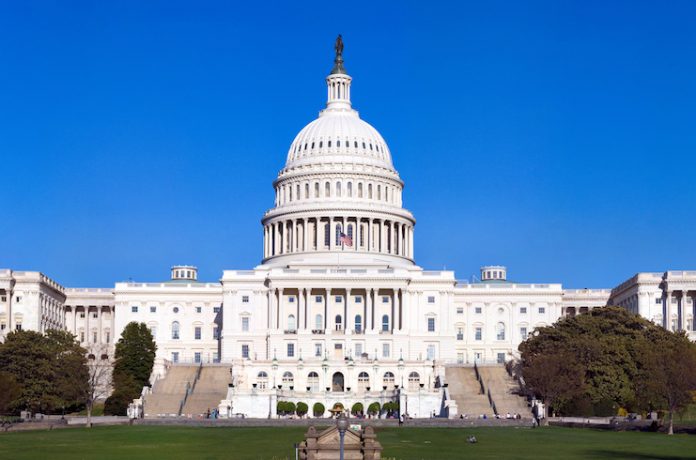WASHINGTON, D.C. — As lawmakers consider additional legislation to address the ongoing health crisis and economic fallout from COVID-19, the American Hotel & Lodging Association (AHLA) sent a letter to Congress calling for additional help in several areas, including extending the Paycheck Protection Program (PPP) for severely impacted businesses and their employees, creating targeted lending facilities and liquidity measures to help hoteliers meet debt service, and passing tax reforms to benefit both hotel employees and employers.
The hotel industry has been historically impacted by the COVID-19 health crisis. According to the Bureau of Labor Statistics (BLS), the leisure and hospitality sector has lost 4.8 million jobs since February—more jobs than construction, manufacturing, retail, education, and health services combined. The economic impact is the worst the industry has ever faced.
“Our industry was among the first impacted by the pandemic and will be one of the last to recover. We are a major economic driver, supporting millions of jobs and generating billions in tax revenue. Getting our economy back on track starts with supporting the hotel industry and tourism in general,” said Chip Rogers, AHLA president and CEO. “We need Congress to continue to prioritize the industries and employees most affected by the crisis, so that help is directed to the businesses that need it most.”
AHLA is urging Congress to provide immediate assistance in these areas:
- Provide additional liquidity for severely impacted businesses through a targeted extension of the Paycheck Protection Program (PPP).
- Create hotel industry relief opportunities utilizing Federal Reserve and Treasury authority.
- Establish a Commercial Mortgage Backed Securities (CMBS) market relief fund, with a specific focus on the hotel industry, as part of the Federal Reserve’s lending options.
- Make structural changes to the Main Street Lending Facility established under the CARES Act to ensure hotel companies can access the program.
- Include limited liability language to provide a limited safe harbor from exposure liability for hotels that reopen and follow proper public health guidance.
- Include targeted tax provisions that will benefit severely injured businesses and their employees, including tax credits for capital expenditures or expenses to meet the industry’s Safe Stay initiative; enhanced Employee Retention Credit (ERC); a temporary travel tax credit; exempting taxation on phantom income from loan modification forgiveness or cancelation; and allowing full deductibility of the food and entertainment business expense.











